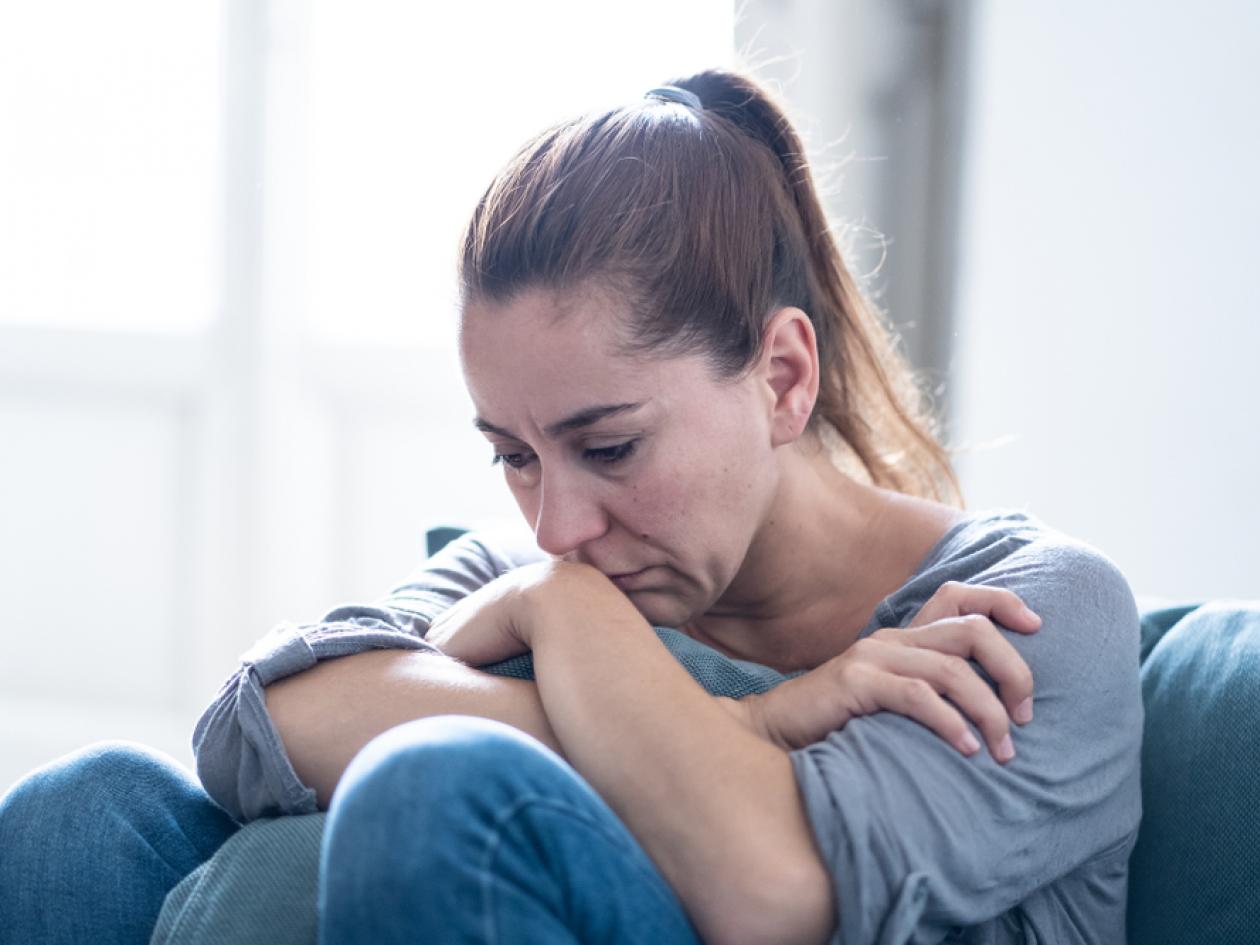Here are two facts about mental health. First, certain groups of people are more likely to suffer feelings of depression, on average. Women and people with less education are two such groups. Second, stressful life events (SLEs) such as divorce, job loss, and bereavement can lead to depression, but many people come through such events unscathed. People’s vulnerability to such events varies.
Is there a link between these facts? Some researchers have argued that women, for example, are hit harder by stressful life events, and this is an important reason why they suffer higher rates of depression. It’s been suggested that women have less effective coping strategies, are more likely to ruminate on stressful events, and are less likely to accept or try to control a problem.
Does this stand up? Could this ‘differential vulnerability’ to SLEs be a driving force behind mental health inequality? In my research with Christiaan Monden and Bess Bukodi, I wanted to know:
- Do men and women and individuals with differing levels of education vary in their vulnerability to SLEs?
- Do men and women vary in their vulnerability to SLEs occurring to others in their household?
A new approach to stressful life events research
Past research on these questions has involved survey respondents being given a checklist of SLEs and asked to indicate which have happened to them over the past year. But this can leave it open to interpretation whether a certain type of event has happened. Other research has found that some people, when asked whether they’ve suffered a ‘serious physical illness or injury’, will answer yes when they have had only a minor illness.
One paper gives the example of a woman whose husband suffered a heart attack but who did not tick ‘serious illness in close family member’ because ‘as a result of his heart attack, her husband had … become more patient, and they were getting along much better’.
The same paper says some people claimed more stressful events than they had actually experienced because ‘they did not want us to think their lives were boring’.
So with SLE checklists, it isn’t always clear what we’re measuring. It’s pretty clear whether you’ve had a divorce, or lost your job – but plenty of checklist questions are rather vague: have you had a ‘major financial crisis’, or ‘trouble with the law’? Two people faced with the exact same situation could easily disagree about it. The questions lack an objective standard of measurement.
Understanding Society data allowed us to overcome this because it asks a wide variety of very specific questions. For instance, it doesn’t ask whether you had a ‘serious illness’, but it does ask, for many different specific health conditions, whether a medical professional diagnosed you with that illness over the past 12 months. It doesn’t ask whether you had a ‘financial crisis’, but it does ask whether you have been unable to pay any bills.
The survey doesn’t ask about every conceivable SLE, but we could work out from people’s answers whether they had experienced events such as losing a job, splitting up, eviction, financial problems, and many others. And we could be reasonably confident about what people’s answers meant.
Our approach improved on past research in other ways, too. Rather than just counting the number of events, we adjusted for the fact that some are much more stressful than others. And crucially, because of Understanding Society’s longitudinal nature, we were able to look at changes in the same people’s mental health before and after experiencing SLEs, rather than comparing different people who have and have not experienced SLEs.
Importantly, Understanding Society also uses the General Health Questionnaire in each wave, a widely used tool for measuring psychological distress, depressive symptoms and anxiety. Putting all this together, we then tested for differential vulnerability.
No gender difference
Overall, our results showed that stressful events have no greater effect on women than they do on men. When we compared different people with one another, we did see gender differences, like previous research. But when you compare different people like this, there could be unmeasured differences between them producing the results. When we took advantage of the fact that Understanding Society re-interviews the same people year after year, and looked at variation within individuals in response to stressful events, the gender differences disappeared.
We did find suggestive evidence that women may be more vulnerable to depressive symptoms in response to events which occur to others. We call this ‘female vulnerability to network events’ (FVNE). We found that when an SLE happens to another household member, women experience an increase in depressive symptoms almost 50% greater than men’s – though this is a rough estimate. A similar idea, known as the ‘cost of caring’ hypothesis, suggests that women are more vulnerable in this way because they:
- have more emotional involvement in the lives of those around them
- are more likely to be socialised to put others first
- are expected to provide empathy and support for those close to them.
We couldn’t test the ‘cost of caring’ idea specifically, but FVNE could be explained by other considerations. For example, men still tend to be the primary wage earner in UK households, and an event that led to loss of income for men would affect the income of the whole household, and could also cause (or increase) conflict in the relationship. So this finding isn’t necessarily down to women’s role in caring for and supporting family members.
Finally, we didn’t find that people who are less educated experienced more depressive symptoms in response to SLEs. In fact, we found some evidence that there may be a stronger impact on the higher educated. It may be that people with less education – and often fewer financial resources – already have higher levels of stress, and when one more bad thing happens, its impact is relatively low. By contrast, someone who is generally well-off might see a negative event as more out of the ordinary, and therefore find it more stressful.
Implications
Much of our paper is about accurately working out who is hit harder by SLEs, and why existing research may not have got this right. This has implications not just for research on SLEs and mental health, and on stress in general, but also for research looking at (for example) whether different groups’ physical health is affected differently by risk factors such as smoking and drinking.
The most important implication of our findings is one for everyone to bear in mind, not just a small group of researchers or policymakers: we shouldn’t assume that anyone who has suffered a major negative life event is coping well – and it is particularly important not to make this assumption based on gender. Though men are often less likely to open up and discuss negative feelings in everyday life, this research shows that when hit by a stressful life event, on average their mental health is no less affected than women’s. High rates of male suicide should caution us against an assumption that women are more vulnerable in this way whereas men can brush off their struggles.
Finally, this research tested a couple of very specific ideas. It didn’t look at whether different groups’ exposure to a greater number of SLEs – or the effects of other types of stressors – might drive inequalities in mental health between groups. These are possibilities worth investigating.
Authors

Lewis Anderson
Lewis Anderson is a postdoctoral researcher in the Department of Sociology at the University of Oxford




